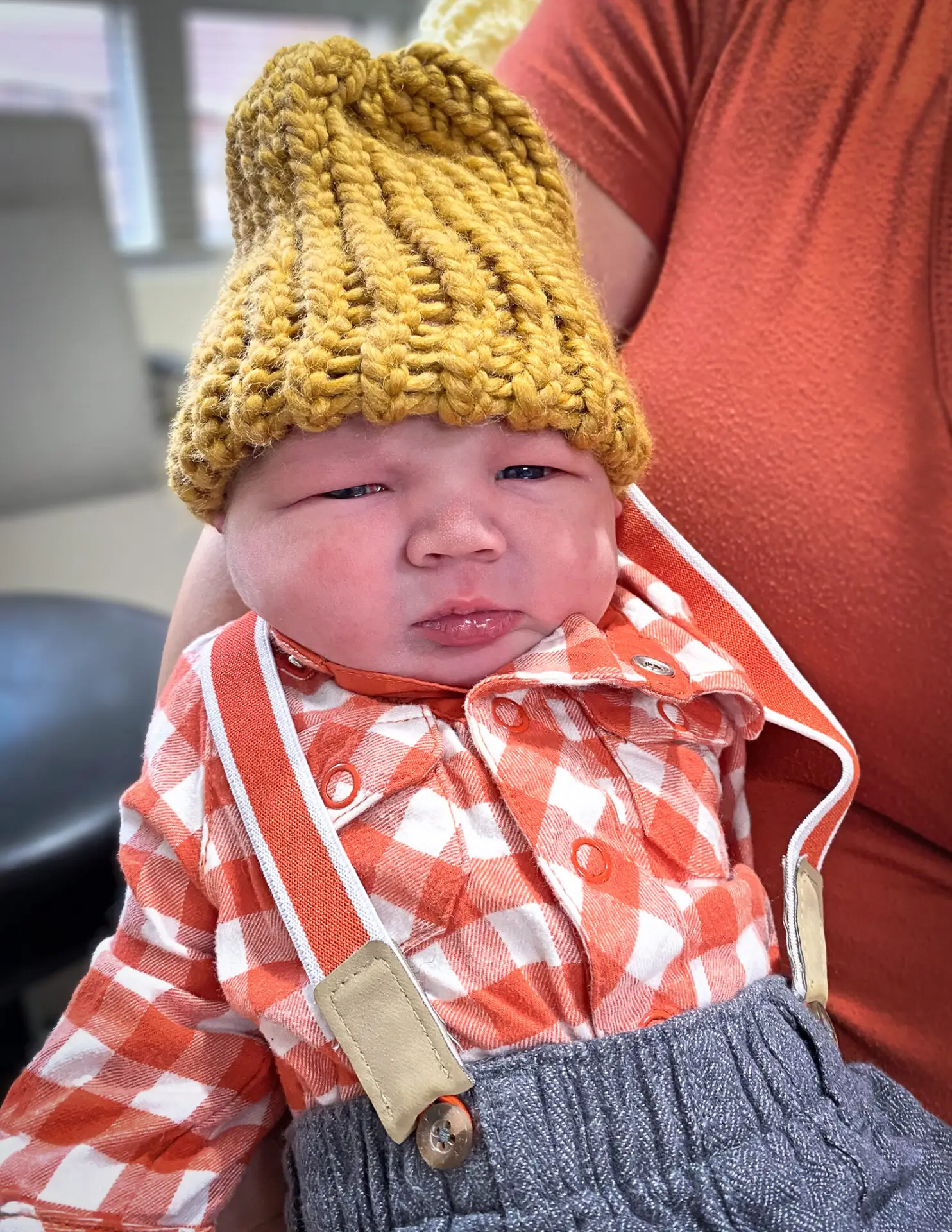According to the Southeast Utah Health Department, on Jan. 12, there were over 540 reported active COVID cases in Carbon, Emery and Grand counties, fueled in part by a record spike of 181 new cases on Jan. 10.
Jen Sadoff, CEO of Moab Regional Hospital, said the hospital saw its highest percentage of positive cases to date on Jan. 11.
“The spike is not necessarily surprising, we’ve seen a trend around the world, in the United States and in Utah, and we’re guessing it’s likely to continue for at least a few more weeks,” said Brittney Garff, public information officer at the Southeast Utah Health Department. “Omicron is present in our communities. We know that Omicron is here and spreading.”
The World Health Organization said in December that the Omicron variant of COVID-19 spreads faster than any other variant the world has seen so far. According to the Salt Lake Tribune, the state of Utah reported a record 24,000 coronavirus cases the weekend of Jan. 8.
Case counts from the Southeast Utah Health Department show that Grand County has a high transmission rate. As of Jan. 12, there were 185 active cases in Grand County with two people hospitalized.
The best things people can do to stay healthy are to wear a mask, get tested and get vaccinated, Garff said—a sentiment that Sadoff echoed.
“A vast majority of people will probably run into Omicron,” Sadoff said. “That doesn’t mean we shouldn’t try to prevent the spread of it…We should still try and prevent the spread, we should still really try and prevent vulnerable populations [from getting COVID]. It’s not too late for people to get vaccinated.”
Hospitalizations remain low, Sadoff said, but with the number of unvaccinated people in the community and considering how quickly Omicron spreads, one of the hospital’s main concerns is staffing availability, she said—if a staff member tests positive, they can’t come to work.
“We have to keep our emergency department going, we have to keep our labor and delivery, our lab, our radiology going,” she said. “One of the reasons we’re encouraging people to slow the spread is to make sure staffing is available.”
COVID-19 testing has “ramped up tremendously,” this week, Garff said. The health department offers free walk-up testing on Mondays and Wednesdays between 1 p.m. and 3 p.m. or daily by appointment (schedule an appointment by calling 435-259-5602). Moab Regional Hospital also offers drive-through testing by appointment only (call 435-719-3998 between 5 p.m. and 8 p.m.) and for a cost: PCR tests are $85.40, and antigen tests are $61. City Market sells at-home antigen tests for $26, though the tests sell out quickly.
“I would encourage people to take some space—we’re post-holidays now, and it wouldn’t hurt to go back to some degree of social distancing,” Sadoff said. “Most of what we’re seeing right now around the spread is that COVID is being spread from close contact between coworkers and family members.”
Getting vaccinated against COVID-19 is the best way to prevent a serious illness, Garff said. The health department offers both Pfizer and Moderna vaccines and booster shots.
“Although somebody may test positive and may have moderate symptoms, their chances of hospitalization or, in the worst case, dying is tremendously less if they’re vaccinated,” she said. “We really want people to weigh that with themselves, and get vaccinated.”
Garff also recommended that people educate themselves on what to do if they test positive: right now, the Centers for Disease Control and Prevention recommends that regardless of vaccination, people who test positive should quarantine for at least five days if they don’t have any symptoms, and ten days if they do have symptoms.
Grand County doesn’t have a mask mandate in effect, but all city and county buildings, including City Hall and Grand County Library, and a few local businesses, such as Back of Beyond Bookstore, require masks. The Moab City Council has also moved their meetings online for the next three weeks, citing COVID-19 concerns.
Grand County School District does not have any plans to re-institute a mask mandate, according to school secretary Aspen Shaw. As of Jan. 12, there were 11 active positive student cases in the school district, and zero active cases amongst faculty and staff.
Utah is one of nine states in the country that currently restricts mask mandates in schools—the bill, signed by Gov. Spencer Cox in May 2021, prohibits both schools and the Utah Board of Education from requiring “face coverings” in order for students to attend schools. However, the bill doesn’t prohibit all school mask mandates in all circumstances: local health departments can issue 30-day school mask mandates with approval from the state or county government, which is how the school district previously implemented its mask mandate last fall.


